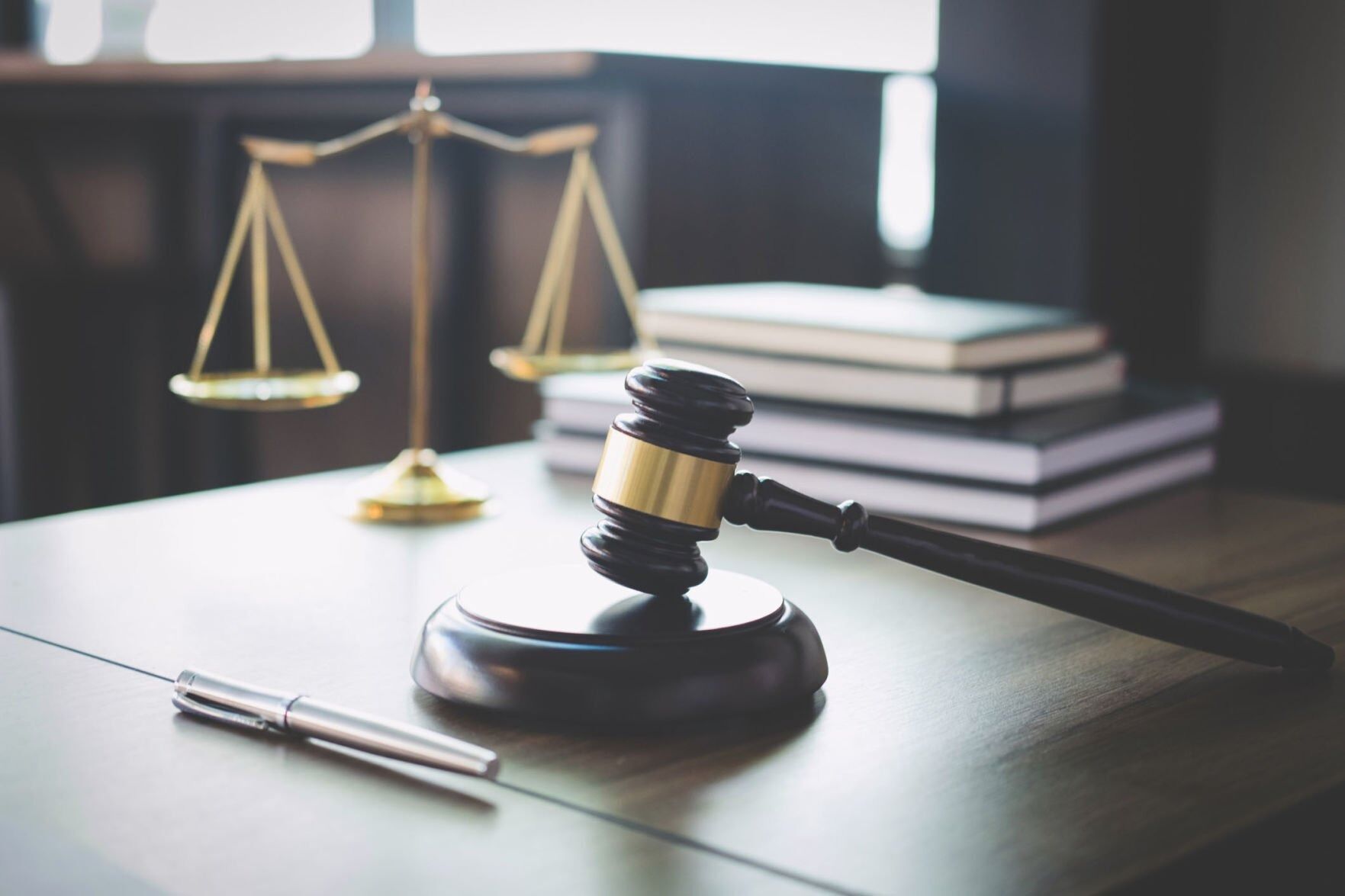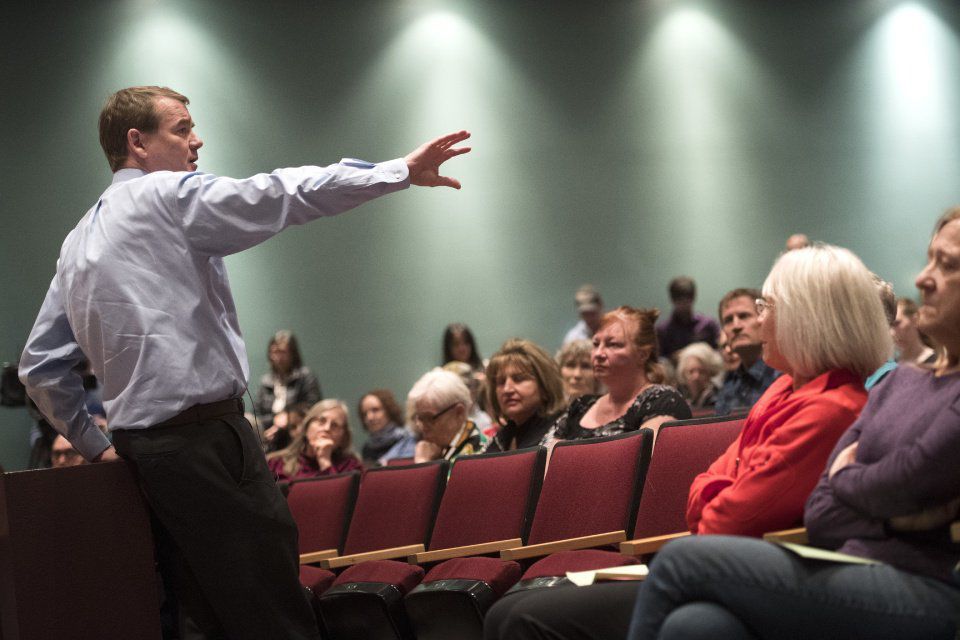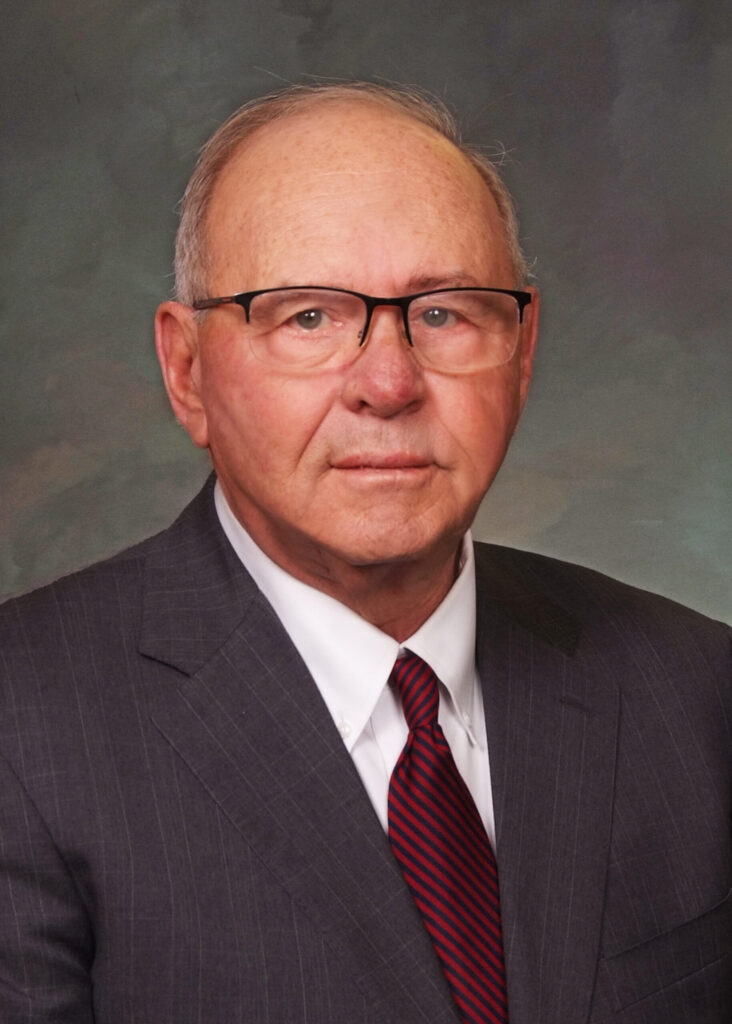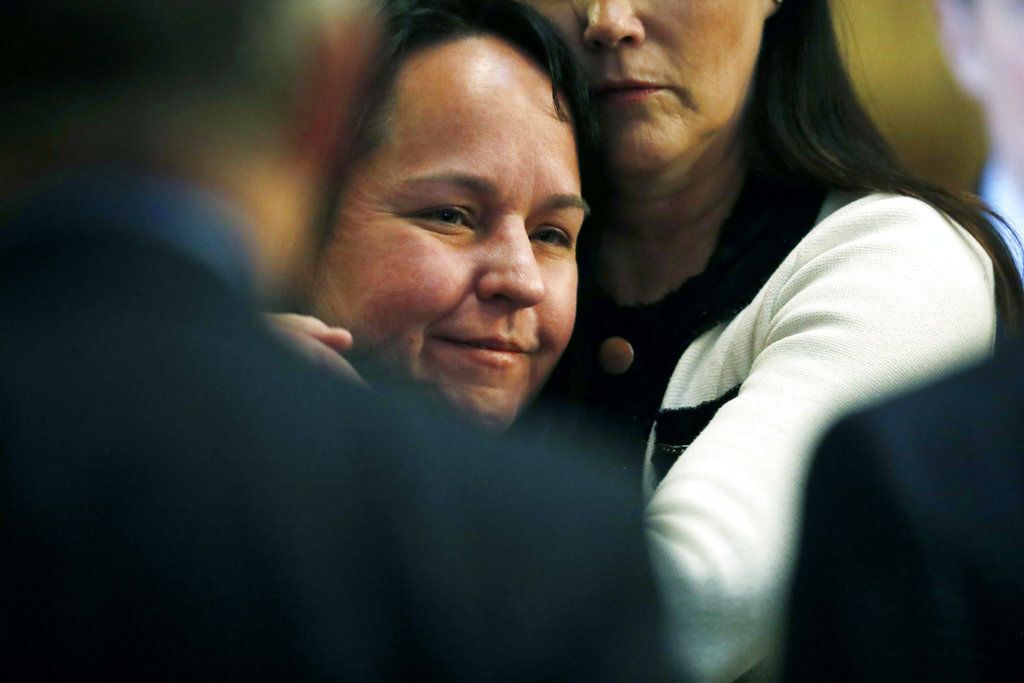Lawyers must stop weaponizing the courts | FEEDBACK

By Judi Atwood
When Colorado Supreme Court Justice William W. Hood III told lawyers last week they have a duty to intervene if they see a colleague struggling, he was right. Too often, attorneys hesitate to act when they notice cognitive decline, intoxication or untreated stress among their peers. As Hood put it as quoted in Colorado Politics: “Sometimes, it’s hard to distinguish between that and lack of preparation.”
The profession needs more candor about these realities. But the problem is not limited to wellbeing or burnout. The deeper crisis is what happens when lawyers are not impaired at all — but are perfectly capable and choose to use the courts as weapons.
I have lived this firsthand. Some attorneys don’t just advocate for clients; they feed conflict to protect their egos and generate billable hours. They demonize parents in family court, spread sealed medical records, or lean on discredited psychological theories to vilify opponents. When challenged, they escalate, because for them, winning the narrative matters more than solving the dispute.
Justice Hood is correct lawyers should be accountable for colleagues whose struggles undermine competence. But the legal profession also needs accountability for attorneys whose ambition and entitlement drive them to misuse the courts. When lawyers believe they can say anything — that they can make you into the villain of their story — families suffer, children are destabilized, and trust in the justice system evaporates.
Colorado already has statutes and rules meant to guard against this. C.R.S. § 14-10-124 requires custody decisions to be grounded in the best interests of the child. HIPAA and protective orders prohibit the circulation of confidential medical and psychological data. And the Rules of Professional Conduct require candor and fairness. These laws exist for a reason: to ensure no attorney’s ego can override due process.
The problem is not that we lack standards. It’s that too few are willing to enforce them. Even when misconduct is reported, agencies like the Office of Attorney Regulation Counsel and DORA move slowly or not at all. Families are left to navigate war zones created not by failing lawyers, but by lawyers working exactly as trained — to fight, not to resolve.
Justice Hood’s point about compassion is welcome. But compassion must not become a shield against accountability. It is time to broaden the conversation: wellness matters, but so does integrity. Lawyers who are impaired need help. Lawyers who weaponize the system need consequences.
The public deserves both.
Judi Atwood is an activist, public policy advocate, civil engagement promoter and member of the Colorado Department of Human Services Family Voice Counsel.
Send us your feedback: Click here.













